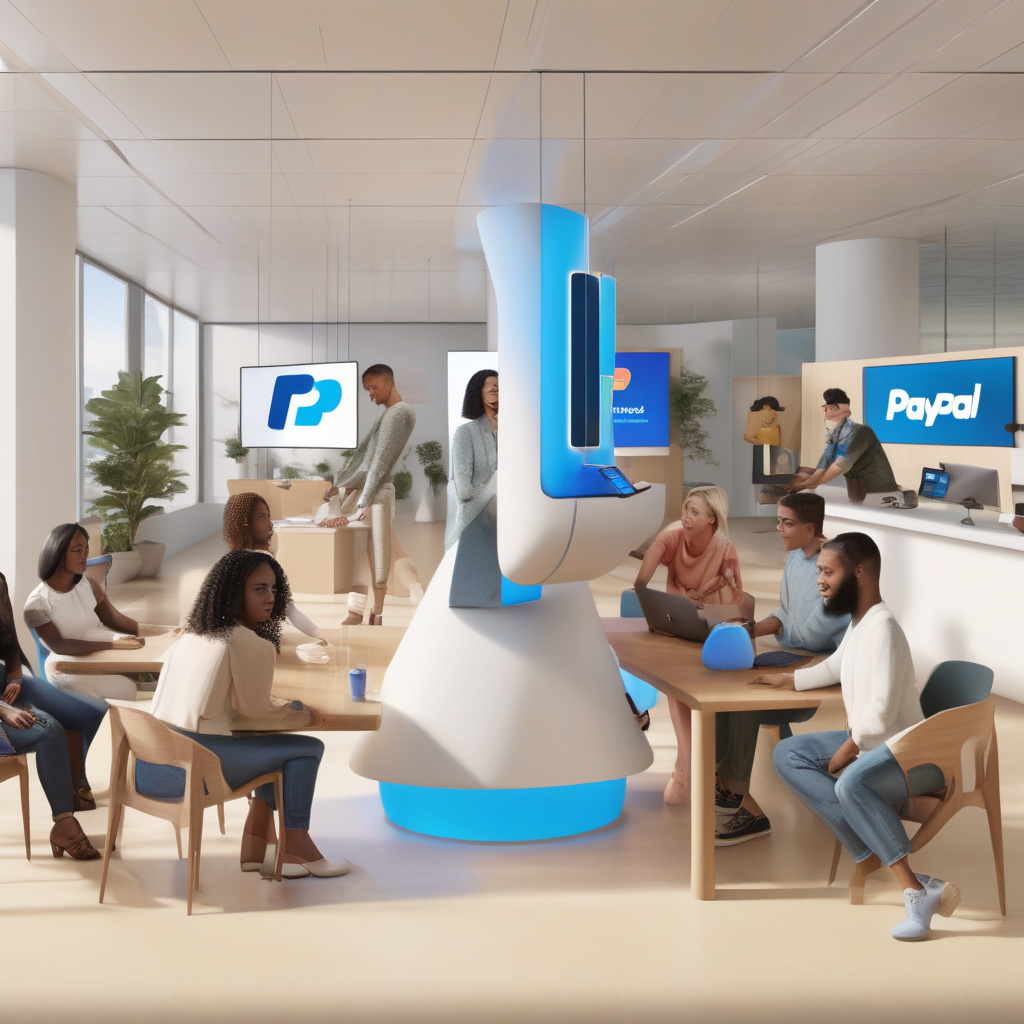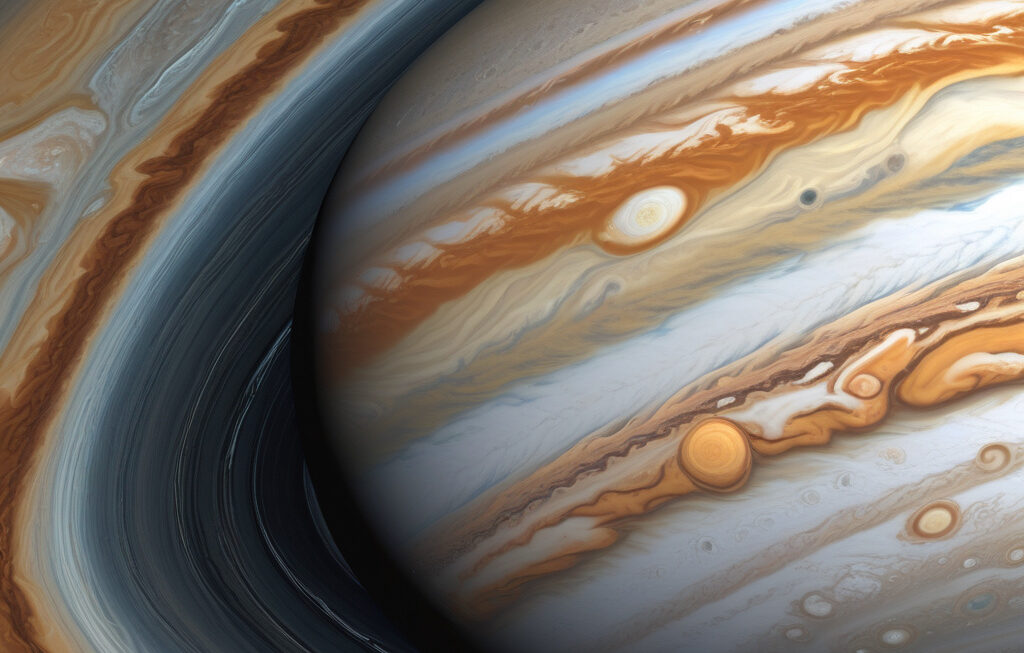PayPal Expands Digital Asset Services to Include Solana and Chainlink
The landscape of digital assets is rapidly evolving, with innovative technologies like blockchain revolutionizing the way we transact online. In response to the growing demand for cryptocurrencies, PayPal has recently made a significant move by expanding its digital asset services to include Solana and Chainlink. This decision comes at a time when the regulatory attitudes towards cryptocurrencies in the United States are undergoing a noticeable shift, encouraging more institutions to embrace this new form of digital currency.
The inclusion of Solana and Chainlink in PayPal’s digital asset services is a strategic move that reflects the increasing popularity and adoption of these cryptocurrencies. Solana, known for its high-speed and low-cost transactions, has gained significant traction in the market due to its scalability and decentralized nature. Chainlink, on the other hand, is a decentralized oracle network that enables smart contracts to securely interact with real-world data. By offering these cryptocurrencies to its users, PayPal is not only catering to the growing demand for alternative forms of digital payment but also positioning itself as a key player in the rapidly expanding decentralized finance (DeFi) ecosystem.
The shift in regulatory attitudes towards cryptocurrencies in the US is a pivotal factor driving institutions to explore digital assets as a viable investment option. With regulatory clarity becoming increasingly apparent, more traditional financial institutions are now considering incorporating cryptocurrencies into their portfolios. PayPal’s decision to expand its digital asset services to include Solana and Chainlink is a testament to the growing acceptance of cryptocurrencies in mainstream finance.
By offering Solana and Chainlink alongside established cryptocurrencies like Bitcoin and Ethereum, PayPal is providing its users with a diverse range of investment options. This move not only enhances the accessibility of these digital assets but also underscores PayPal’s commitment to innovation in the fintech space. As more institutions and retail investors alike seek exposure to digital assets, platforms like PayPal play a crucial role in bridging the gap between traditional finance and the world of cryptocurrencies.
Furthermore, the inclusion of Solana and Chainlink in PayPal’s digital asset services is likely to have a positive impact on the overall adoption and recognition of these cryptocurrencies. As users transact and invest in Solana and Chainlink through PayPal’s platform, these digital assets gain further legitimacy and visibility in the market. This, in turn, could lead to increased interest from other financial institutions and investors, driving the value and utility of Solana and Chainlink in the long run.
In conclusion, PayPal’s expansion of its digital asset services to include Solana and Chainlink comes at a time of significant evolution in the regulatory landscape surrounding cryptocurrencies in the US. By offering these innovative digital assets to its users, PayPal is not only meeting the growing demand for alternative forms of payment but also contributing to the mainstream adoption of cryptocurrencies. As regulatory attitudes continue to evolve, institutions that embrace digital assets like Solana and Chainlink are poised to benefit from the opportunities presented by this ever-changing financial landscape.
cryptocurrency, digital assets, PayPal, Solana, Chainlink












